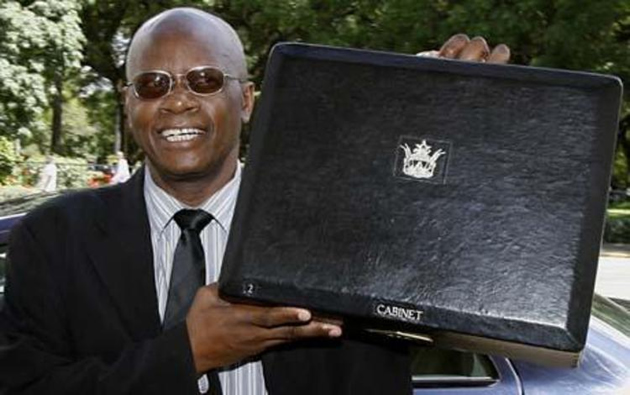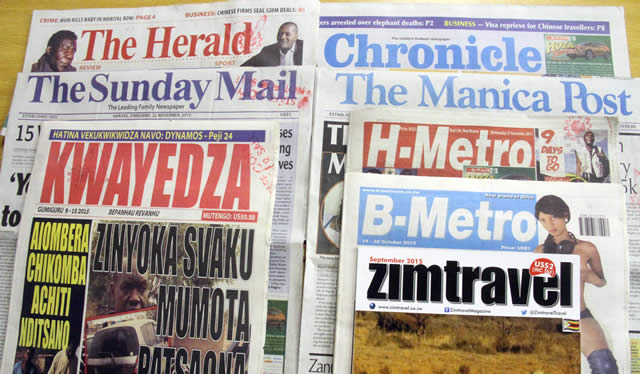All set for the Budget

Business Reporter
Finance and Economic Development Minister Finance Minister Patrick Chinamasa is expected to present the 2016 Budget this afternoon amid expectations that he will pronounce policy measures to stimulate the economy.
The Herald Business, in partnership with the Confederation of Zimbabwe Industries will tomorrow host a post Budget breakfast meeting where policy makers, captains of industry meet to discuss implication of the 2016 Fiscus Policy.
The Budget comes at a time when the economy continues to face serious macro-economic challenges related to liquidity constraints, power shortages, high cost of funding, low industrial capacity and poor infrastructure.
The challenges have significantly eroded competitiveness of local industry forcing the country to heavily rely on imports which continue to drain the scarce liquidity in an economy using basket of foreign currencies.
To address competitiveness issues, economist Dr Gift Mugano said Government should devalue the US dollar by cutting costs to competitiveness. He said the Government should reduce wage bill from about 83 percent of total Budget to around 40 percent. It was also critical that all the cost drivers must be lowered.
This is in addition to reduce or completely eliminate a litany of statutory fees which were pushing up the cost of doing business.
“We have to cut the other cost drivers such as finance costs, wages and salaries and utilities,” said Dr Mugano.
“This can be done through an organised framework under social contract under the Tripartite Negotiation Forum. However, cutting costs without supply side support is devastating and can perpetuate suffering.”
Attempts to solve the myriad of challenges besetting the domestic economy comes against the backdrop of serious resources constraints, as the tax base continues to shrink.
Company revenue and profitability are declining, making it difficult for Government to raise revenue from both corporate and individual taxes, in turn, and affecting demand for products and services in the country.
According the Ministry of Finance’s 2016 Budget strategy paper, revenues of only $3,86 billion are anticipated, marginally lower than original 2015 revenue inflow projection of $4,9 billion, reflecting low prospects in 2016.
Zimbabwe Economic Policy Analysis and Research Unit (Zeparu) said adoption of fiscal rules, which refer to standing commitments by Government to specified numerical targets for key budget and debt aggregates, would assist authorities meet and live within their means.
The fiscal rules revolve around four issues namely a balanced budget, debt, expenditure and revenue.
“One way of ensuring predictability and consistency is to reduce the extent of ad hoc discretionary policy decisions,” Zeparu, a Government-funded think tank said in its latest, Economic Barometer launched yesterday.
“Properly designed and implemented fiscal rules could help create fiscal space.”
Expenditures rules set permanent limits on total, primary or current spending in absolute terms, growth rates or as a percentage of Gross Domestic Product.
“The rule should help reduce expenditure and allocate more resources towards development-oriented spending,” Zeparu said.
The Herald Business Editor Happiness Zengeni said such issues are expected to be discussed at the post-Budget meeting.
“The event will take place at the Celebration Centre in Borrowdale, Harare and we are inviting all economic actors and stakeholders to come and discuss the implications of the 2016 Budget,” said Ms Zengeni.
“Minister Chinamasa and other Government senior officials will be present to respond to some of the issues that may need clarity.
It will be an interactive meeting and we are quite confident that it will be very helpful.











Comments